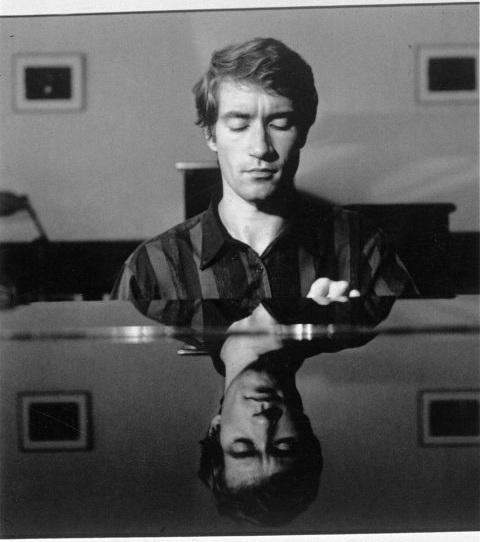That's not to say that last night's performance of Rachmaninov's Rhapsody on a Theme of Paganini was a dud. It wasn't quite that. Technical polish, pearliness and bouts of oomph prevented it from being unpleasant on the ear.
- Listen to this concert on BBC iPlayer for the next six days
- Read theartsdesk's recommendation's for the 2010 BBC Proms
- Full listings for the 2010 BBC Proms
- Buy the Russian National Orchestra's recording of Tchaikovsky's Suite No 3














Add comment